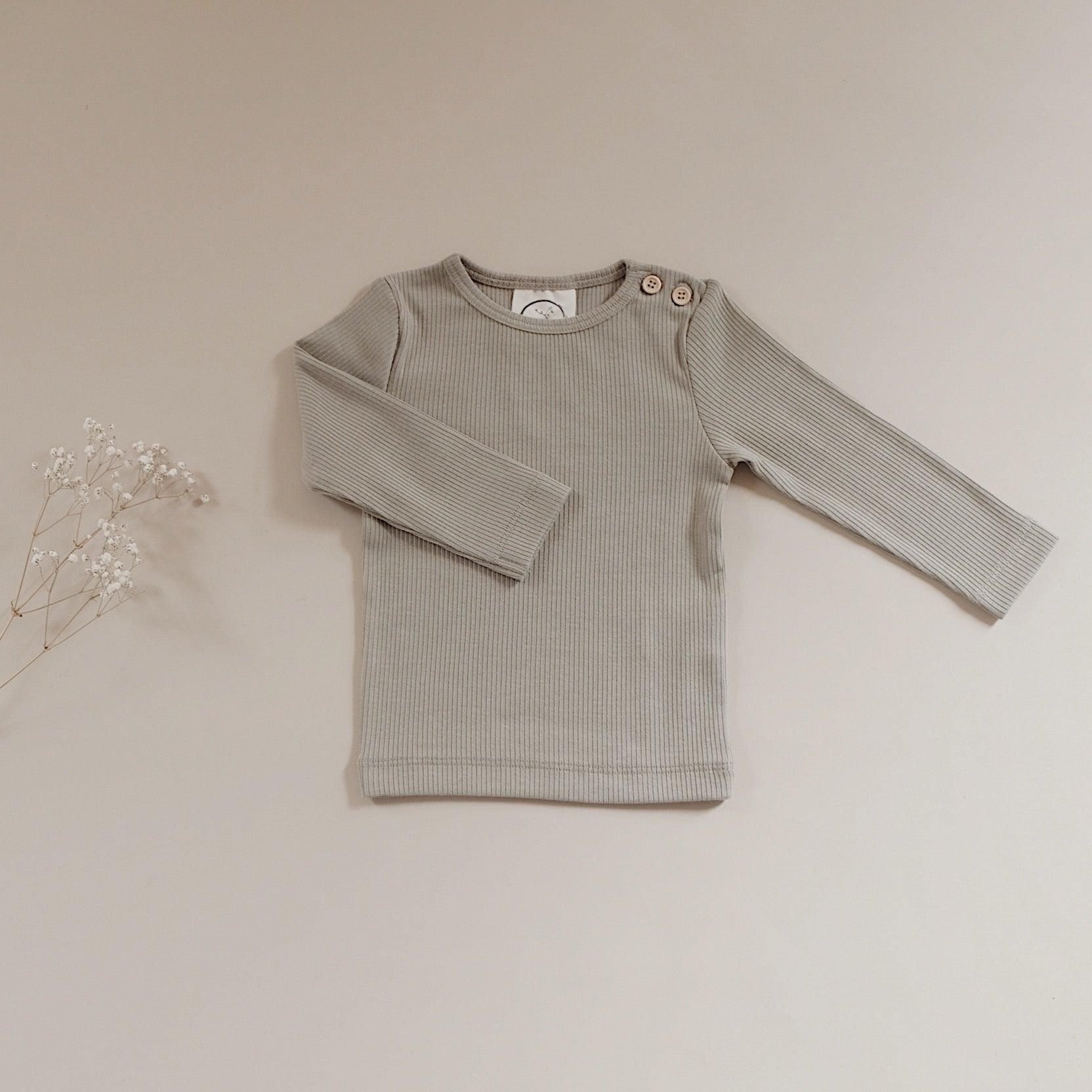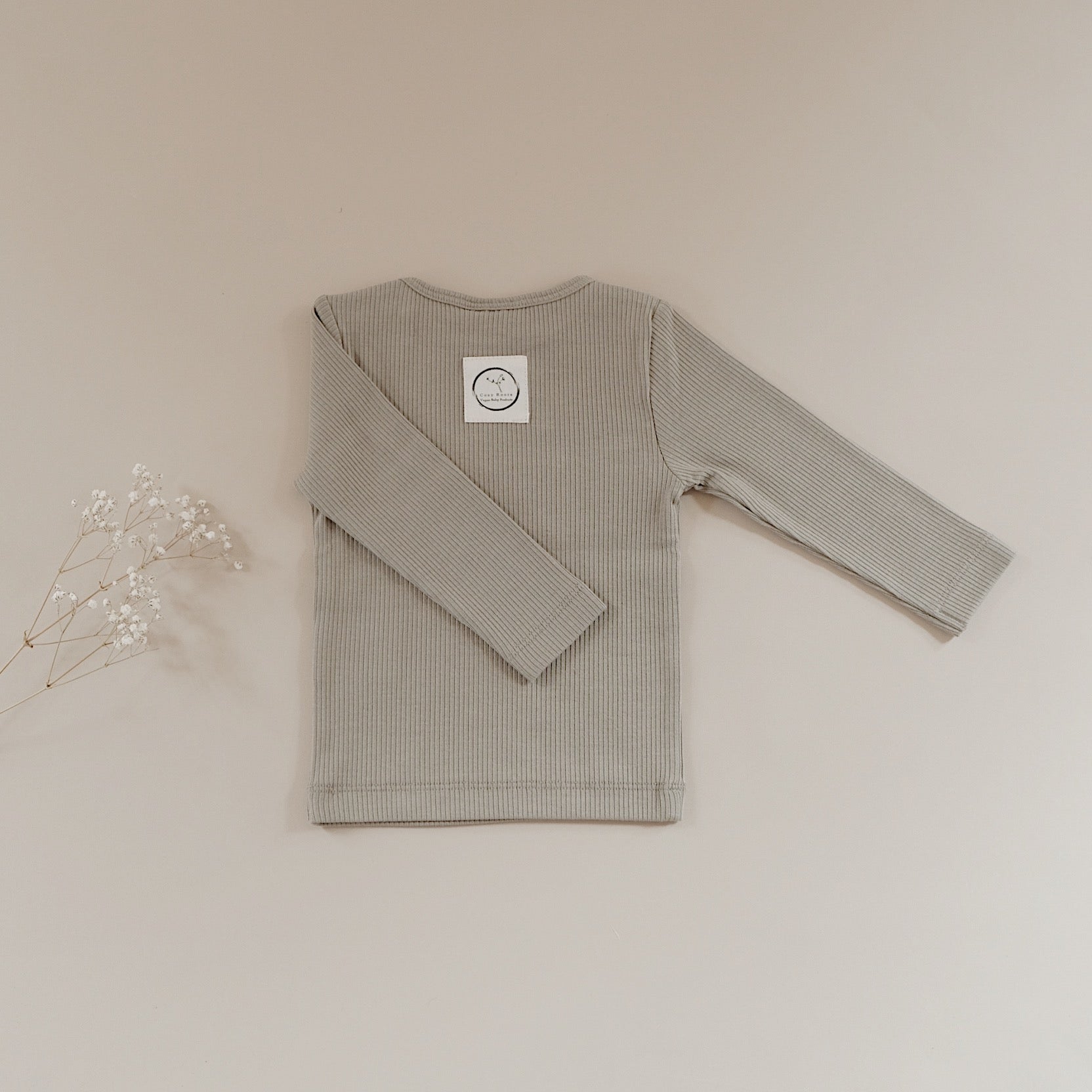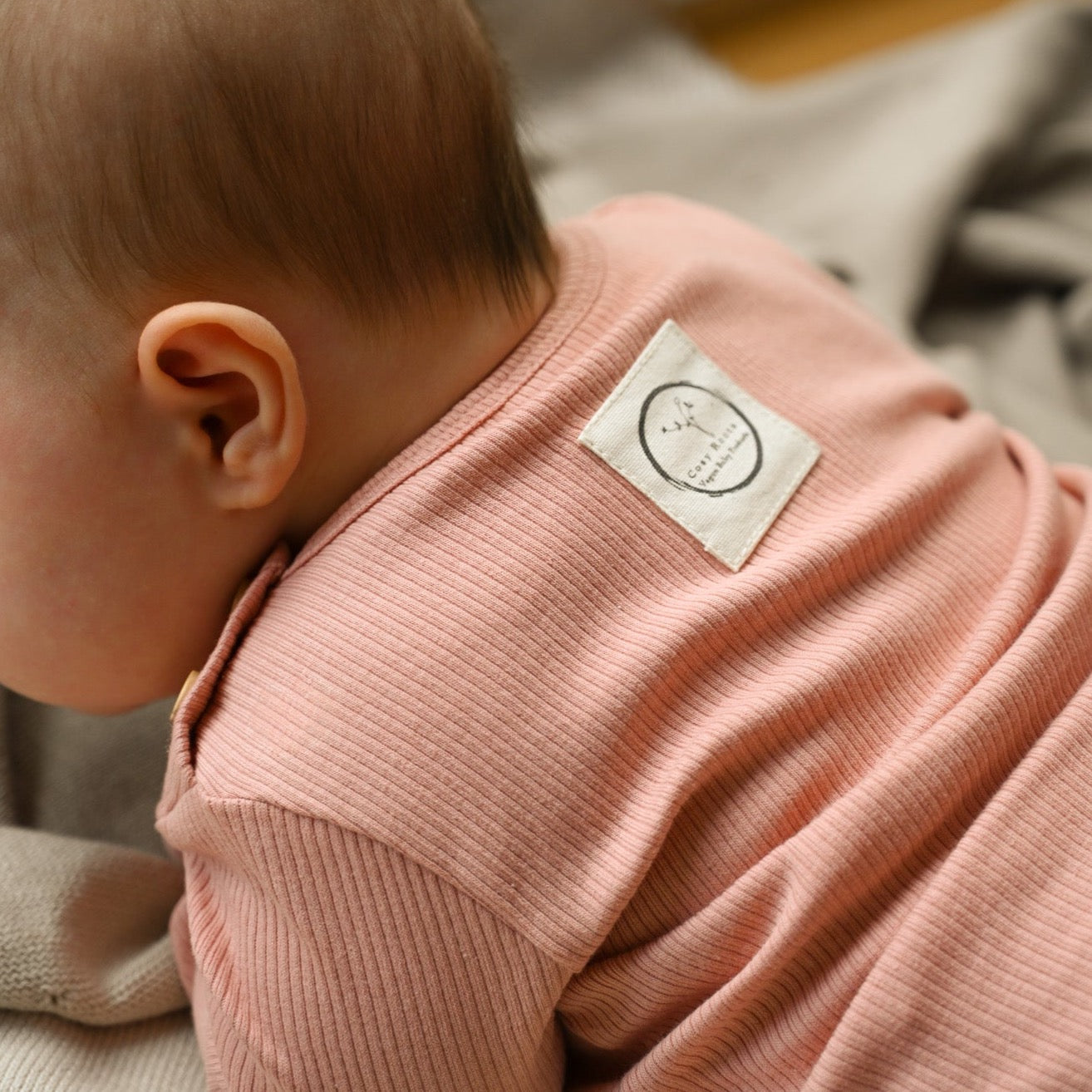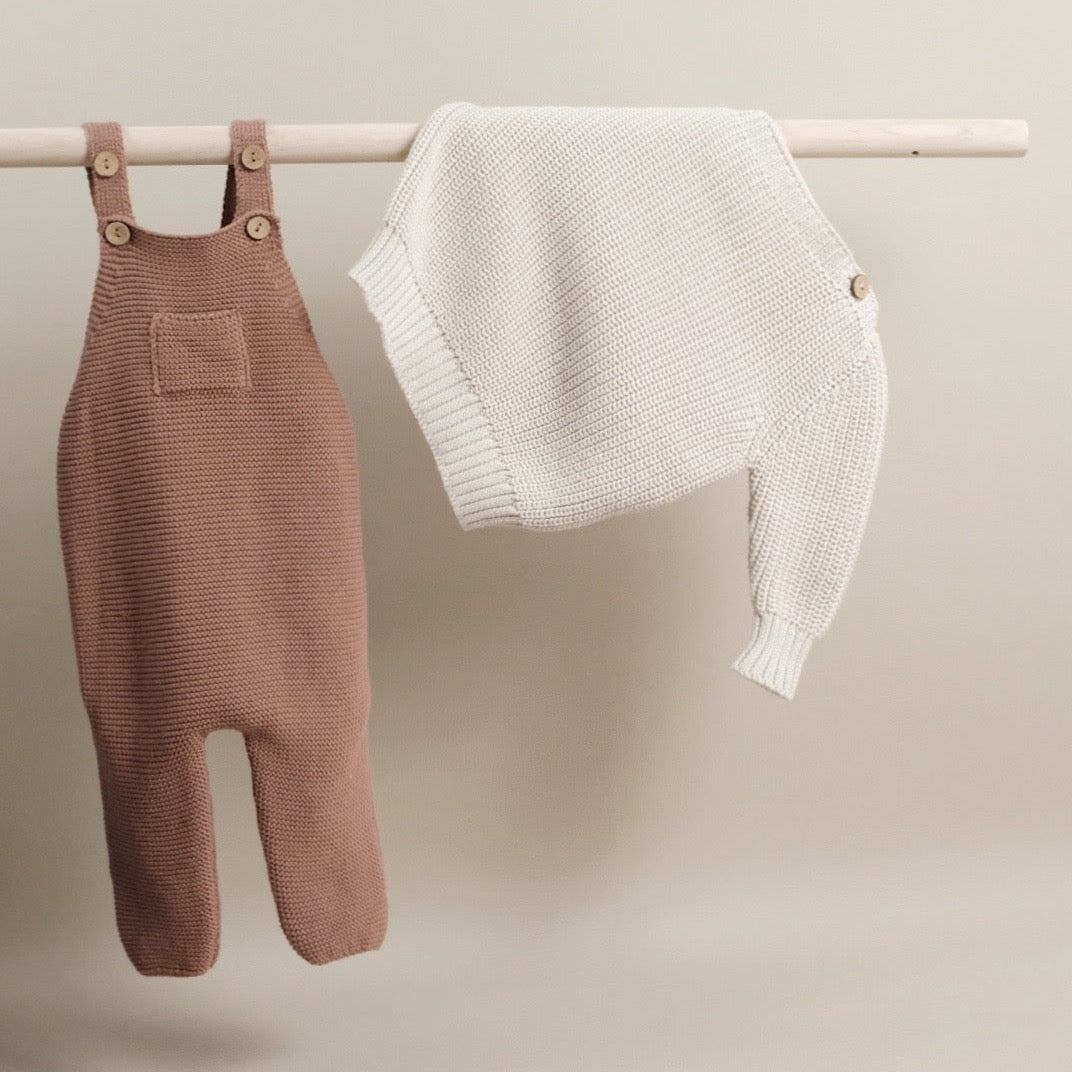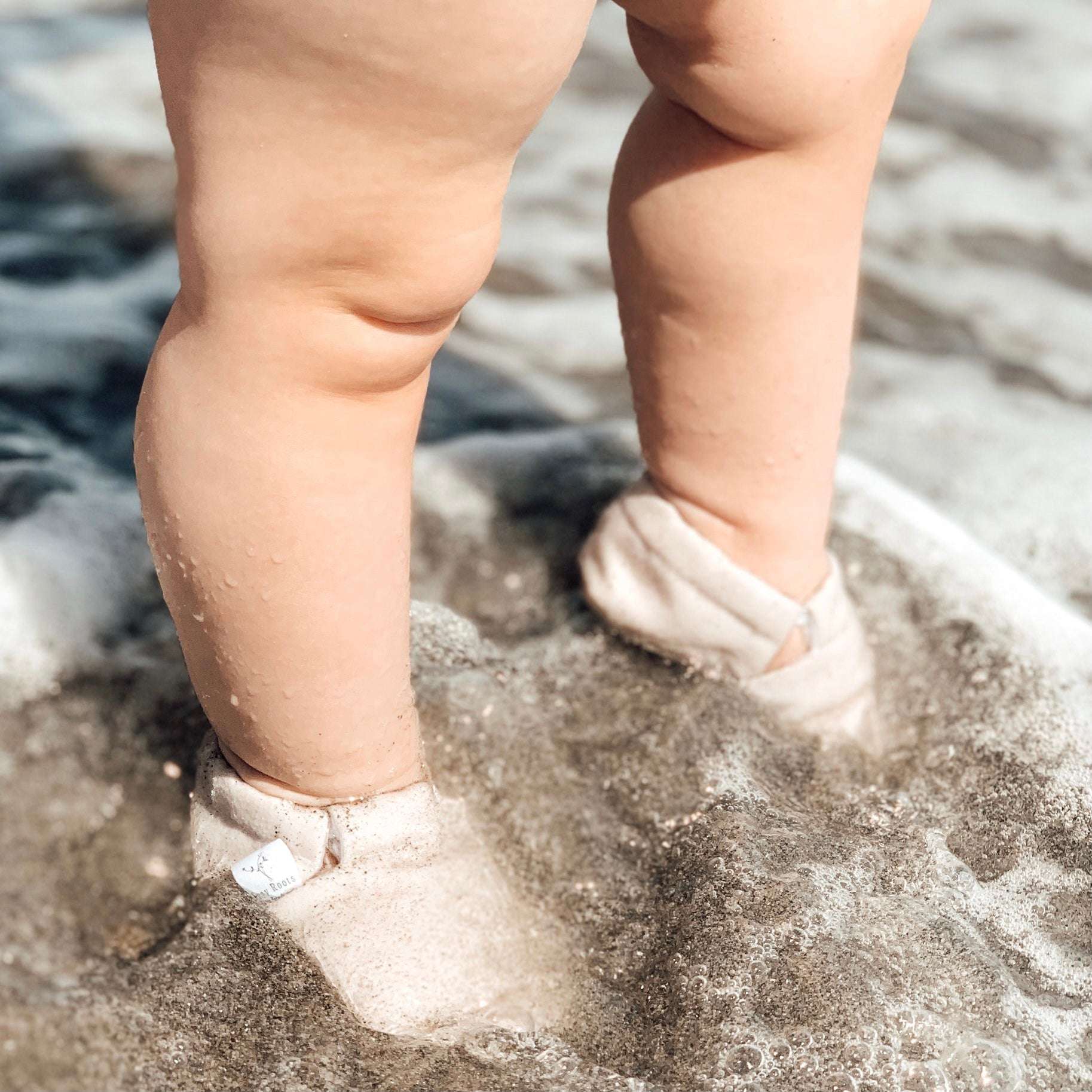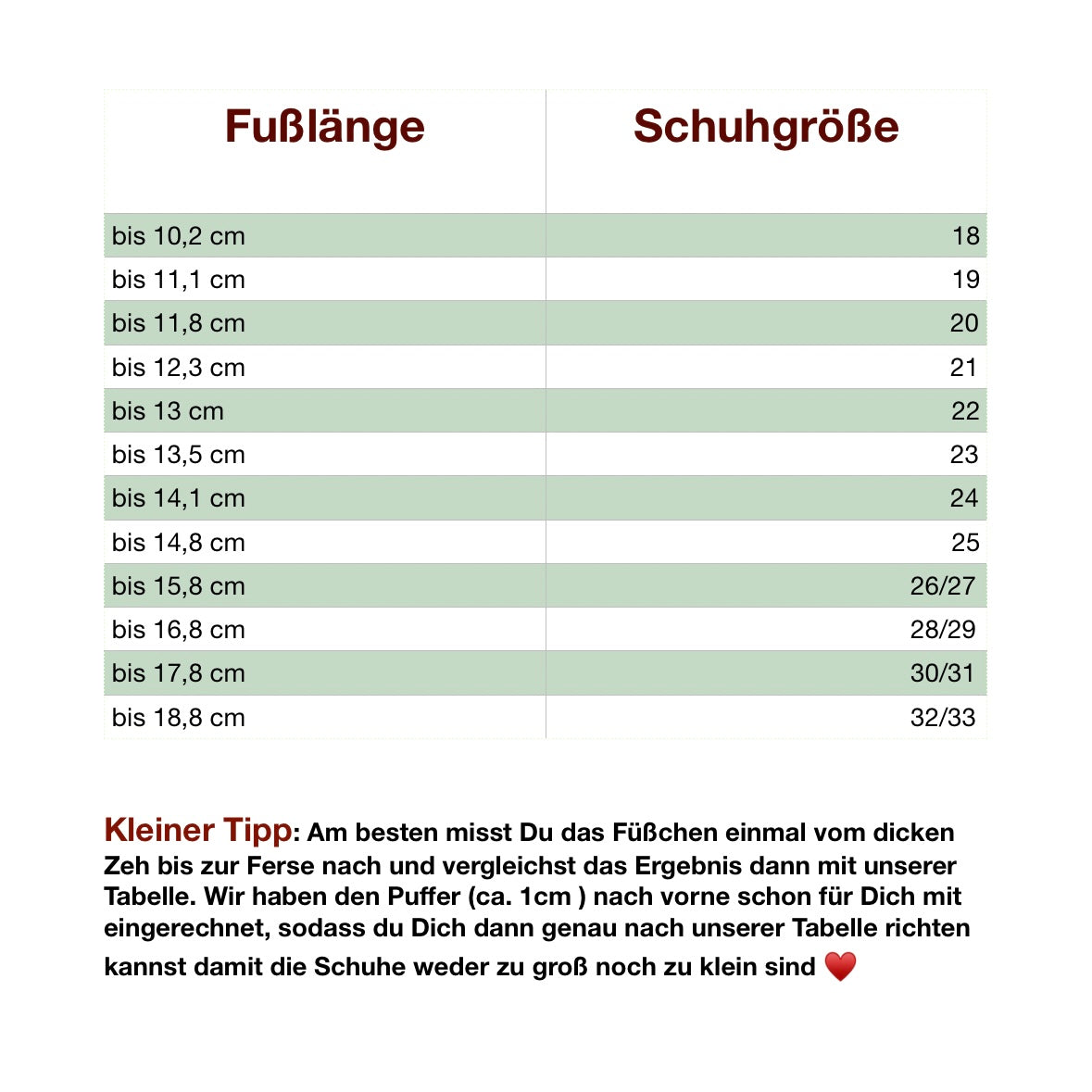Vegan nutrition has long been much more than a trend. Not only the ethical aspect, the prevention of animal suffering, plays a major role. Most people who adopt a vegan diet also benefit from the health effects of cutting out meat and animal products. But why does the myth persist that a vegan diet is automatically associated with a nutrient deficiency? And what does the nutrient supply of a vegan person really look like? We took a closer look at the most important nutrients for the body. So if you want to change your diet and become vegan or vegetarian, eat more consciously or just want to find out more about vegan dietary supplements, then this article is just right for you.
Vegan Dietary Supplements: Which Supplements Do You Really Need?
As soon as you have decided to live vegan and to deal more with your health and your own body, you also come into contact with necessary nutrients. Non-vegan people in particular tend to share their concerns about possible nutrient deficiencies with you. But nutrients should not only play a role in vegan nutrition. Iron, vitamin B12, omega 3, vitamin D, calcium - humans need nutrients to ensure a normal supply and to stay healthy. You cannot cover all nutrients with your diet, regardless of whether you are vegan or omnivore. It is therefore important to ensure that you have regular medical blood tests and to take supplements if necessary. We have collected the most important dietary supplements for you here.
Essential: Vitamin B12
Probably the most important dietary supplement for vegans is vitamin B12. B vitamins contribute to the normal formation of red blood cells, cell division, normal energy-yielding metabolism and the reduction of tiredness and fatigue. A vitamin B12 deficiency is primarily noticeable through tiredness, exhaustion, performance deficits, loss of appetite and even depressive moods. Since vitamin B12 can only be produced by microorganisms, it only enters our system via the food chain. In plain language, this means that you can only get vitamin B12 from animal foods such as meat, fish, eggs and dairy products. However, you can break this cycle if you avoid the detour via animal products and instead supplement with vitamin B12 as a cruelty-free preparation.
|
|
Iron Deficiency in Vegans: A Myth
Surely you have had to hear that as a vegan you will quickly have an iron deficiency since you do not eat meat. And even if it is true that the body can absorb and utilize animal iron better than plant-based iron, there are still enough plant-based foods that can cover your iron requirements. The most important plant foods in terms of iron supply are:
- Legumes such as beans, peas, lentils and flaxseed
- oatmeal
- sesame
- Parsely
- Dried apricots
Iron is heat stable - so if you start your day with a large bowl of porridge with nut butter and drink some fruit and orange juice, you have already covered a large part of your iron requirement. Iron needs vitamin C so that the nutrients can be better absorbed. Caffeine, on the other hand, inhibits iron absorption, so leave enough space between your first coffee and breakfast to avoid interfering with absorption.
The sunshine vitamin: vitamin D
Vitamin D is a vitamin, especially in our latitudes, that should be supplemented in the form of a dietary supplement. While it is possible to get vitamin D3 through food and nutrition, it is rarely the amount of the vitamin that the body needs to stay healthy. Especially in winter it is hardly possible to soak up enough sun to prevent a shortage. Therefore, experts strongly recommend checking the vitamin D3 content of the blood and, if necessary, covering it with dietary supplements - regardless of the different forms of nutrition. You can recognize a vitamin D3 deficiency when your immune system deteriorates, you are constantly tired and your bones and muscles ache. If the deficiency lasts for a long time, bone density can decrease, which has serious consequences in old age.
Omega 3 fatty acids: Also without fish
It is said that fish is the most important source of omega 3, but is that true? It is definitely the case that fish, especially salmon and tuna, have a high proportion of omega 3. However, flaxseed oil and flaxseed have more than 10 times the omega 3 content, and walnuts, soybeans and avocado are also full of the healthy alpha linolenic acid fatty acids. But not only the vegetable omega 3 fatty acid is important for your body. The additives DHA and EPA contained therein are also important for the body and can be found above all in fish. In order to still ensure an adequate supply, the recommendations are to use dietary supplements. These mostly consist of algae instead of the well-known fish oil capsules and are therefore ideal for vegans.
Healthy bones: Calcium and Co.
The dairy industry has ensured that people have lived for years believing that milk is healthy. Those who integrate milk and dairy products into their diet have healthy bones, healthy growth and milk simply cannot be missing in everyday life. So it is not surprising that people believe that a vegan diet inevitably leads to a nutrient deficiency and that vegans cannot meet their calcium requirements. In fact, there are numerous calcium-rich and plant-based foods, such as:
- leaf spinach
- broccoli
- Mineral water
- Kale
- nettle
- almond
- sesame
If you discover dry skin on your body, tend to muscle cramps and heart problems, these symptoms can indicate a calcium deficiency, which you can easily compensate with dietary supplements and a balanced diet.
A balanced diet
Regardless of whether you are on an omnivorous, vegetarian or vegan diet: Your optimal supply stands and falls with the food selection. Simply opting for a vegan diet does not ensure that you automatically live a healthy life. Foods in particular, such as substitute products, often contain few nutrients and should not be the main component of a vegan diet. Look for healthy recipes with lots of fresh fruit and vegetables, incorporate fortified liquids like mineral water into your food choices and use nutritional supplements like vitamin B12, vitamin D3 and minerals to support your system where necessary.
Before you use dietary supplements, you should consult a doctor and have your blood and vitamin levels checked. Then your doctor can tell you exactly which critical nutrients are important for your vegan diet, which vitamins you can cover with food and where a supplement makes sense.


























